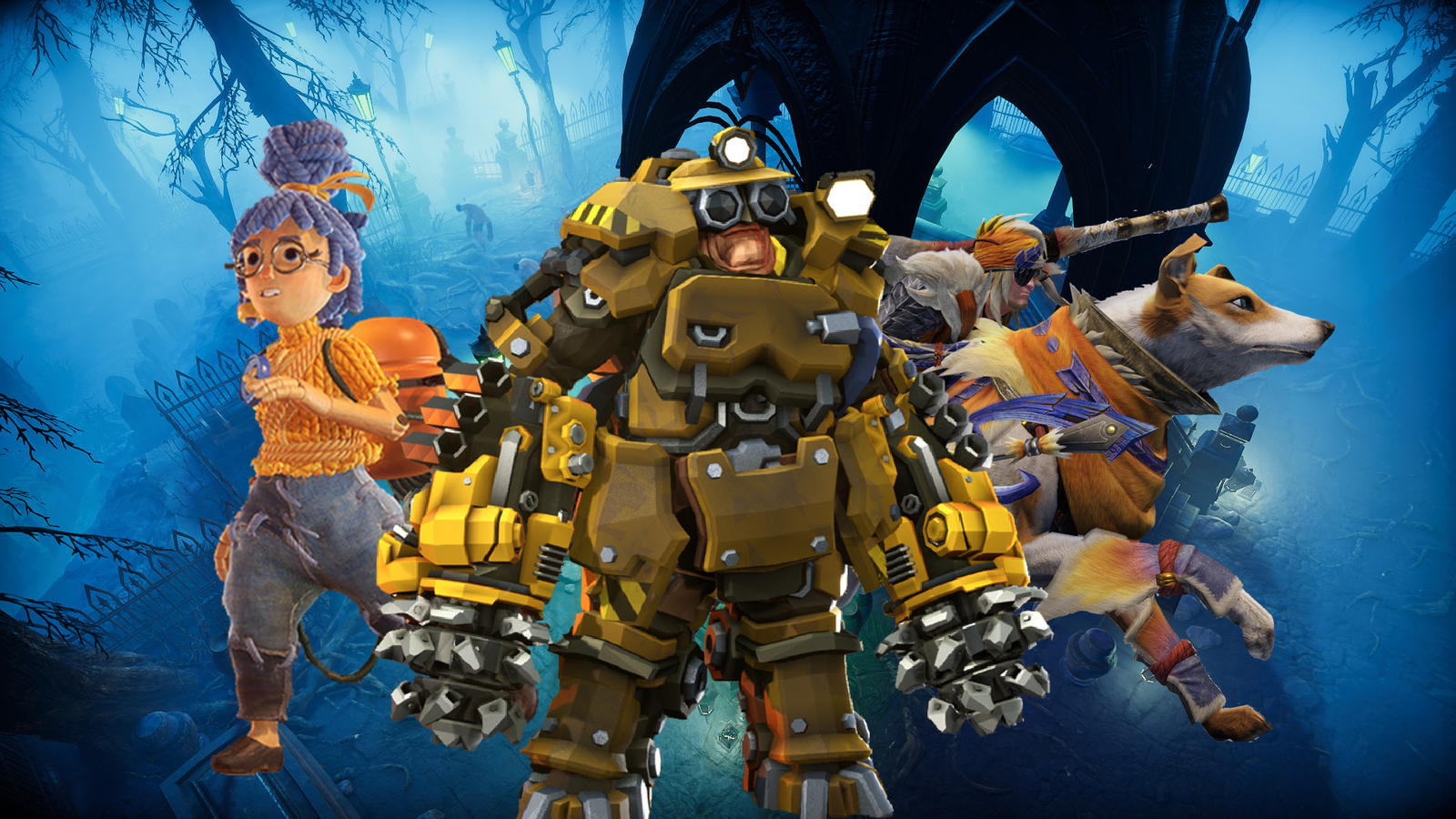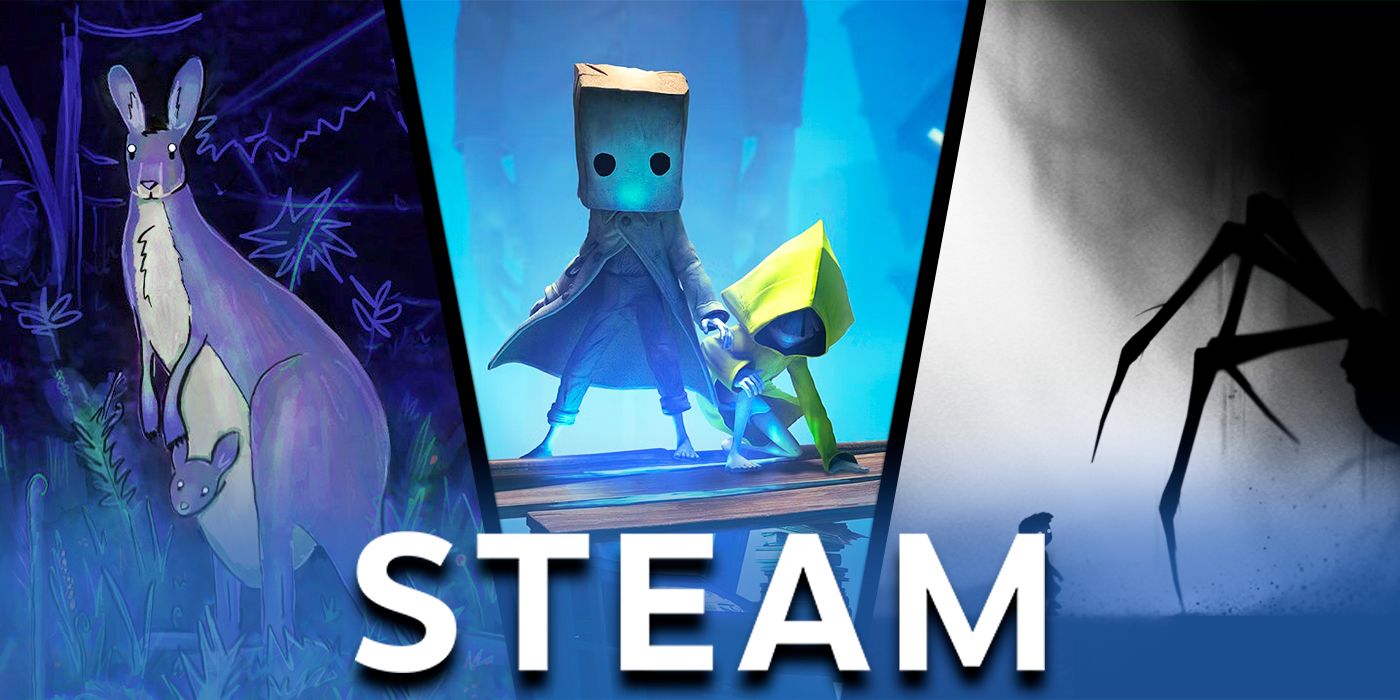Discover Creative Styles in Multiplayer Puzzle Games for Free You Can Not Miss
Discover Creative Styles in Multiplayer Puzzle Games for Free You Can Not Miss
Blog Article
Test Your Strategic Skills in the Many Engaging Multiplayer Games
In the ever-evolving landscape of multiplayer pc gaming, tactical skills are the foundation of success, supplying players a possibility to display their tactical expertise across numerous styles. As gamers engage in team-based competitions or cooperative experiences, the need of quick decision-making and collaboration comes to be evident.
Real-Time Approach Showdowns
Real-time approach (RTS) face-offs have long been a foundation of engaging multiplayer video gaming, captivating gamers with their mix of tactical deepness and busy decision-making. These video games call for gamers to manage sources, construct armies, and develop intricate techniques in real-time, frequently versus just as experienced opponents. The consistent stress to adapt and outmaneuver opponents in a vibrant atmosphere is what establishes RTS games apart, making them a favored amongst competitive players.
Among the specifying functions of RTS face-offs is the focus on multitasking and resource monitoring. Gamers need to allocate their focus across different tasks, such as gathering sources, building structures, and deploying units tactically throughout the battlefield. This demands fast reflexes and an acute capacity to prioritize actions, frequently resulting in extreme, adrenaline-fueled suits.
Noteworthy RTS video games such as "StarCraft II," "Age of Empires," and "Command & Conquer" have left indelible marks on the genre, supplying varied gameplay mechanics and highly detailed globes. Multiplayer puzzle games for free. These titles have actually grown specialized areas and competitive scenes, where gamers refine their skills, research study techniques, and involve in high-stakes tournaments. The allure of RTS face-offs depends on their ability to challenge players' critical acumen and reflexive prowess in equal action
Turn-Based Tactical Fights
Turn-based tactical battles captivate players with their systematic strategy to method, contrasting the unbalanced rate of real-time engagements. These games supply gamers the chance to deliberate over each step, fostering a chess-like environment where foresight and careful planning are paramount. Players have to expect their challengers' actions, adjust to advancing circumstances, and execute well-thought-out techniques to safeguard victory. This style stresses the value of strategic deepness, rewarding those that can believe several steps in advance.
In multiplayer settings, turn-based tactical fights end up being arenas for intellectual duels. Rivals take part in intricate mind games, anticipating and responding to each various other's strategies with accuracy. Popular games like "XCOM 2" and "Civilization VI" exhibit this gameplay, encouraging gamers to think about every feasible variable prior to devoting to a strategy. The asynchronous nature enables for thoughtful decision-making, making each encounter a test of wits and patience.
Moreover, turn-based tactical fights often include varied systems and capabilities, adding layers of intricacy to every match. Players should stabilize offending maneuvers with protective strategies, manage resources sensibly, and make the most of the capacity of their pressures. This category's long-lasting charm depends on its capability to challenge players' tactical acumen in a regulated, purposeful setting.
Cooperative Approach Experiences
These video games require gamers to work with each other in the direction of common purposes, leveraging each gamer's distinct abilities and toughness to conquer difficulties. Titles such as "Overcooked" and "Deep Rock visit this site Galactic" exhibit this category, emphasizing the need for gamers to synchronize their actions and approaches.

The attraction of cooperative technique experiences hinges on their capacity to enhance interpersonal abilities while giving a challenging and appealing gameplay experience. These games grow a feeling of unity and common purpose, supplying gamers a gratifying alternative to traditional affordable pc gaming landscapes.
Affordable Team-Based Obstacles
Affordable team-based challenges provide a dynamic arena where players pit their skills versus opposing groups, emphasizing both private talent and seamless group sychronisation. These games require participants to stabilize personal prowess with strategic partnership, fostering a special atmosphere where team effort is critical. Success in such setups typically hinges on the capacity to communicate properly, execute well-planned techniques, and adapt promptly to unfolding scenarios.
The engaging nature of these difficulties appears in the diverse series of video games that supply team-based competitors. Titles like "League of Legends," "Overwatch," and "Counter-Strike: Global Offensive" are at the forefront, each providing distinct gameplay auto mechanics that demand communication and tactical acumen. In these fields, the team's efficiency is as essential as the private payments of its participants, making every function considerable to the overall end result.
Additionally, affordable team-based games cultivate a sense of sociability and shared achievement. Gamers have to learn to trust fund and count on each various other, creating bonds that enhance the pc gaming experience. The stress of facing powerful challengers further heightens the excitement, making certain that individuals are constantly tested to boost their critical reasoning and gameplay implementation.
Mind-Bending Problem Confrontations
While competitive team-based obstacles highlight collaboration and method, copyright challenge confrontations offer a different sort of intellectual interaction, concentrating on private analytical and cognitive expertise. These video games examine the limitations of analytical reasoning and creativity, requiring gamers to browse complicated situations and fix elaborate problems. Unlike team-based games, the focus below gets on personal success and imagination, frequently under the pressure of time restraints or intensifying problem levels.
Among one of the most appealing aspects of problem battles is their ability to boost cognitive features. Players should work out spatial reasoning, logical reduction, and pattern recognition. Titles such as "The Witness" and "Portal 2" offer as essential examples, testing players with multidimensional challenges that require deep focus and cutting-edge methods. These games not just amuse but also improve crucial thinking skills and cognitive flexibility.
Additionally, multiplayer challenge games present an one-upmanship by allowing players to pit their problem-solving abilities against others. Games like "Maintain Speaking and Nobody Explodes" require gamers to interact properly to solve problems en masse, mixing the adventure of competitors with the fulfillment of joint accomplishment. Eventually, these games offer an improving experience, honing critical thinking in an uniquely appealing atmosphere.
Verdict
In final thought, the varied range of multiplayer games provides a phenomenal platform for developing strategic skills across various genres. Real-time strategy showdowns like "StarCraft II" demand quick decision-making and resource management, while turn-based why not try this out tactical battles emphasize methodical preparation. Cooperative approach experiences such as "Deep Rock Galactic" highlight teamwork and collaboration, whereas competitive team-based difficulties, including "Organization of Legends," call for sychronisation and adaptability. These vibrant settings collectively foster the advancement of calculated thinking, enhancing both individual and collective pc gaming experiences.
These games need players to handle resources, develop militaries, and devise complicated methods in real-time, useful link commonly against equally skilled challengers. These games require players to work together in the direction of usual purposes, leveraging each gamer's special skills and toughness to get over difficulties.In participating method video games, players usually presume duties with certain obligations, requiring a deep understanding of their very own capacities as well as those of their teammates. The dynamic nature of these video games needs versatility, as gamers must readjust their methods in real-time to suit progressing scenarios.

Report this page